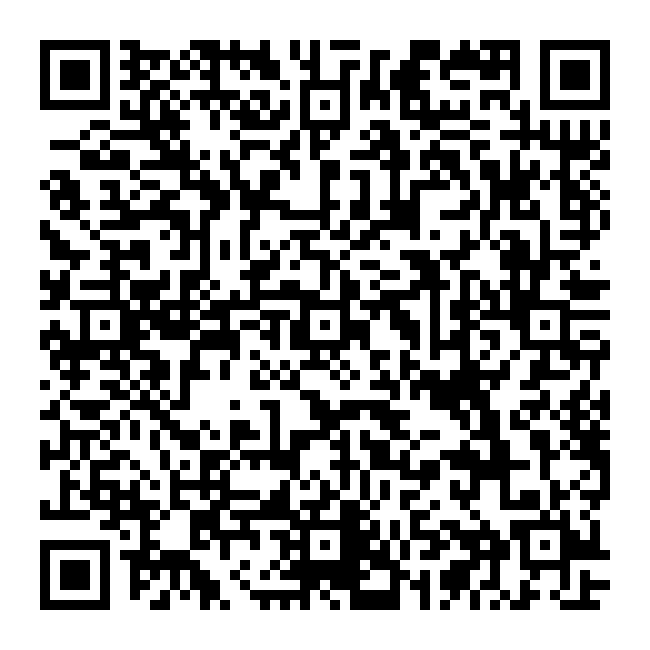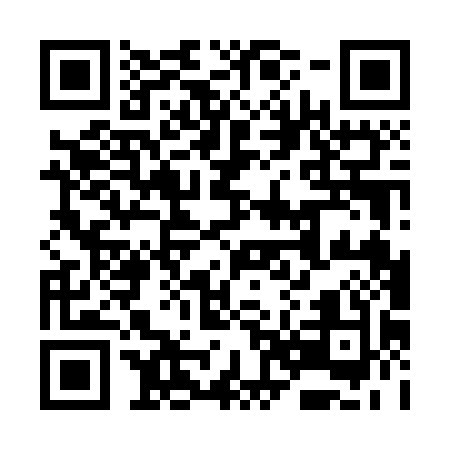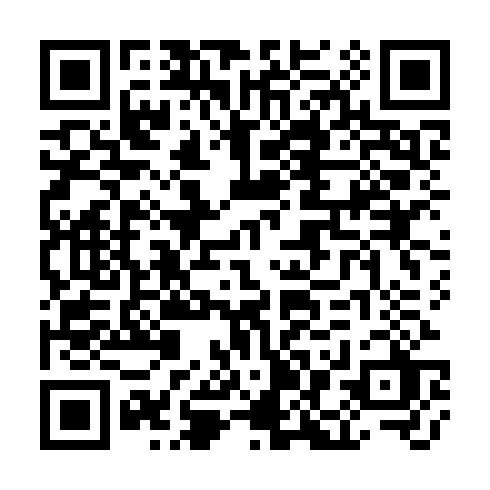Contribute to keeping information on Free & Open Communications systems available for all.
You can donate directly to unsigned.io by using one of the following QR codes:

Monero

Bitcoin

Ethereum
The shop is currently closed. Maybe come back some other time.


